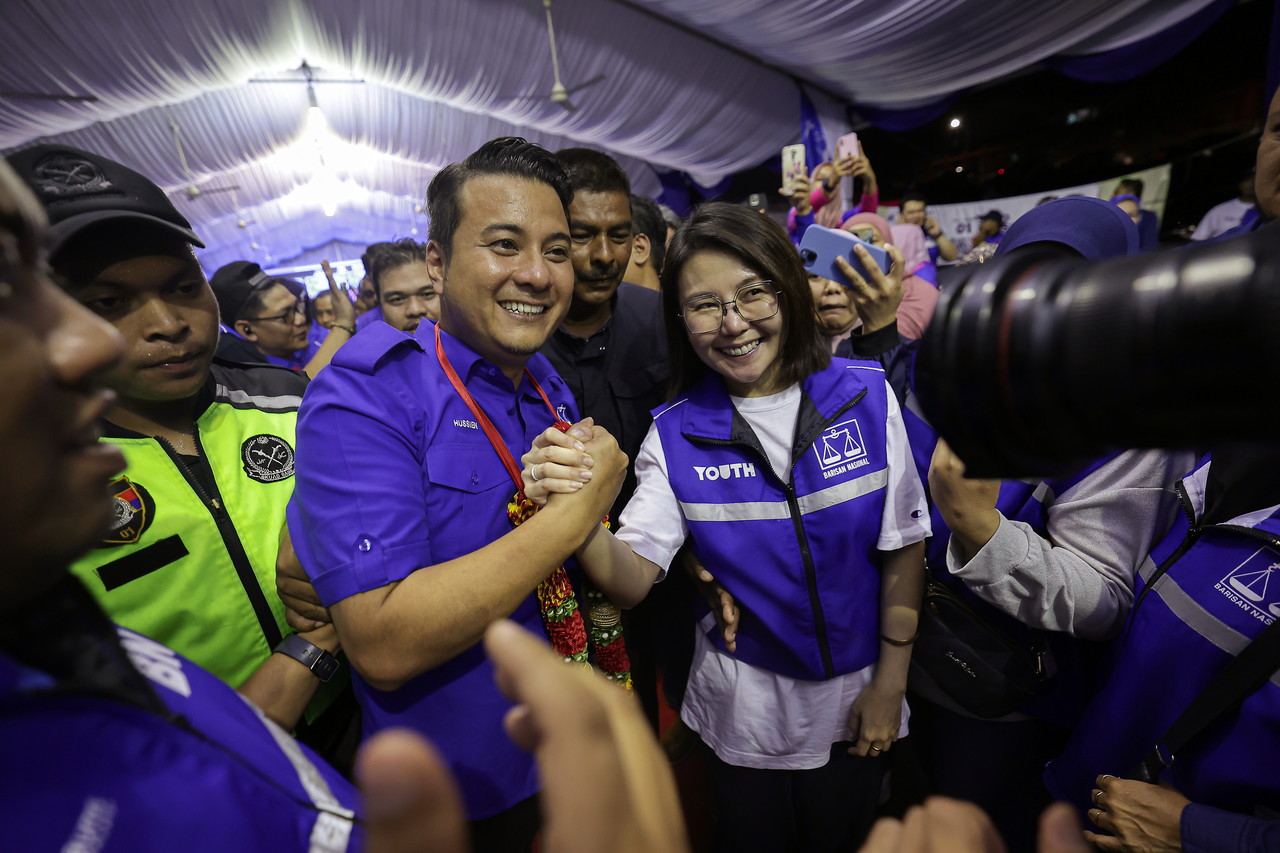THE Association for Welfare, Community and Dialogue (ACID) welcomes the statement by DAP secretary-general Anthony Loke that the low turnout rate among non-Malay voters in the Mahkota by-election will be given serious attention.
Barisan Nasional (BN) candidate Syed Hussien Syed Abdullah was elected the new assemblyman for Mahkota by a majority four times larger than BN obtained in 2022. He obtained 27,995 votes while Perikatan Nasional’s Haizan Jaafar obtained 7,347 votes.
A party source revealed that the voter turnout rate remained low among Chinese (32%) and Indian voters (34%), while the highest turnout rate (63%) was among Malay voters.
Loke pledged that DAP leaders will continue clarifying the direction of the unity government to grassroots members and seek ways to retain their support.
The question is not so much about the DAP clarifying its direction in the unity government but whether it is willing to listen to the grievances of the grassroot community that is taken for granted.
When I attended the Perak DAP convention recently, there were murmurs from several Indians there that there was a low turnout among the Indian community.
According to them the DAP Perak leadership has marginalised leaders who do not concur with them.
The win all, take all attitudes do not augur well for the future of the party.
While it can reconcile with its former enemy UMNO, it is incapable of reaching out to those who dissent in its own party which reveals hypocrisy at the highest level.
Without grassroot support DAP will merely end up as an elite party where its leaders’ lofty pronouncement of the country economy does correspond to reality of Malaysians who are suffering from high cost of living, besides grievances of minority who are compelled to support the lesser evil in the context of ethno-religious battle for supremacy and opportunism of UMNO, PAS and Bersatu.
The low voter turnout among non-Malays is not just in Mahkota by-election, but previous by- elections also reveal a similar trend that cannot be taken lightly.
The freedom of conscience in the country is under threat where issues of religious nature are not argued or defended rationally, but threats and police reports have become a norm which in the long term would muzzle the voice of reason in the country.
DAP as the party of principle that represents Malaysians should be concerned about the possible abuse of draconian laws such as the Sedition Act on MPs who speak with conscience.
Therefore, as a first step DAP should go nationwide and reach out to all its leaders and members who are dissenting within the party and come up with a common stand on where the party stands on critical issues.
Secondly it should address some of the rational grievances of minority communities such as the Indian community on various issues that have yet to be resolved to date while also elaborating on the reality of the party position in the unity government and what can or cannot be done.
It is hoped that the DAP secretary-general could address the basic grievances in the party where winners take all attitudes are prevalent, alongside real issues facing the communities such as the cost of living and social justice.
The party vision should start from the grassroots and not through an elite vision that is not grounded in reality. – Sept 30, 2024
Ronald Benjamin is a human resources practitioner based in Ipoh. He is currently secretary of the Association for Community and Dialogue.
The views expressed are solely of the author and do not necessarily reflect those of Focus Malaysia.
Main image: Bernama









